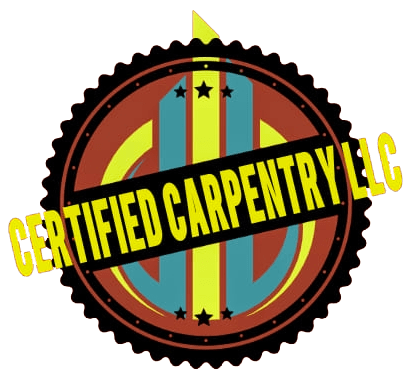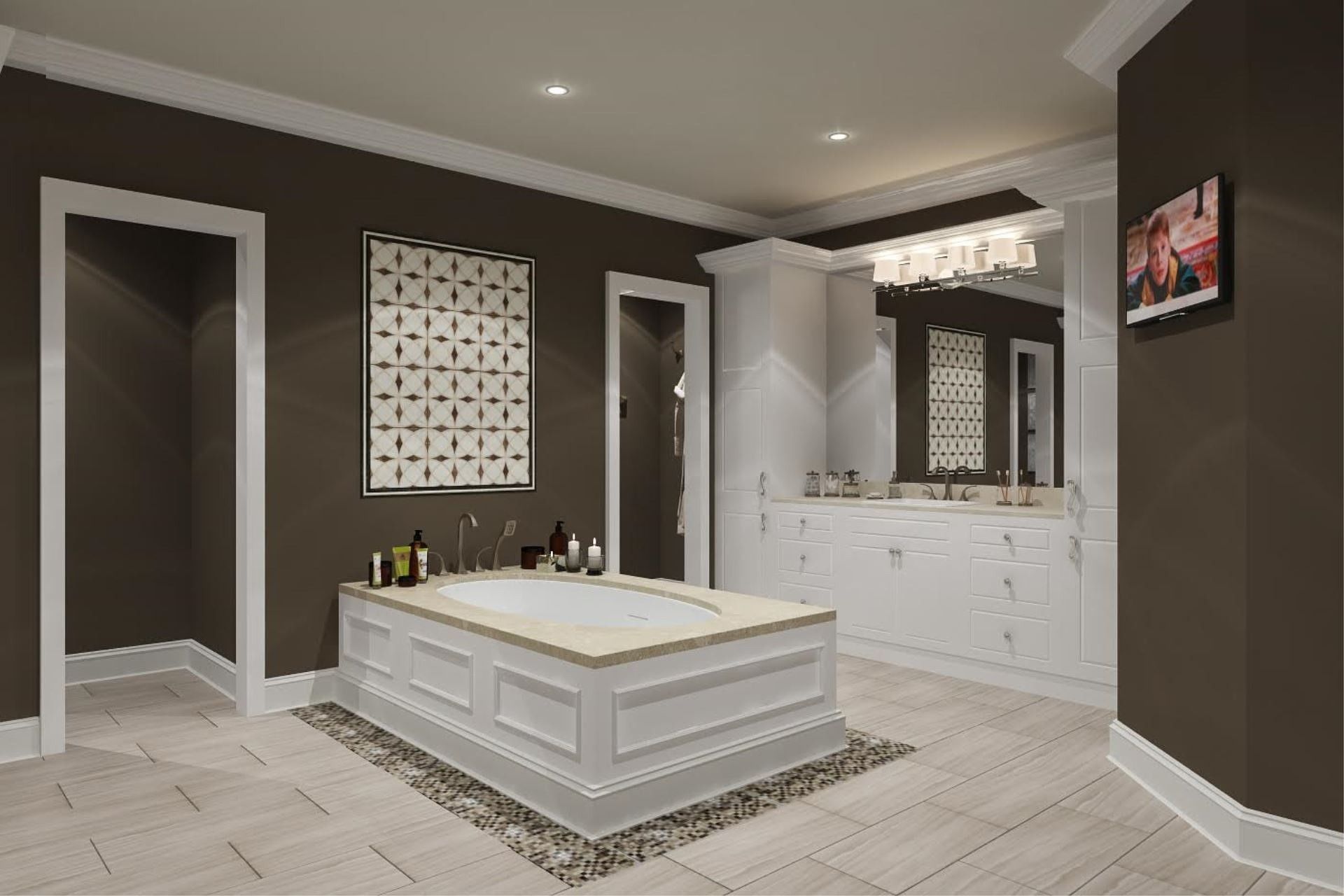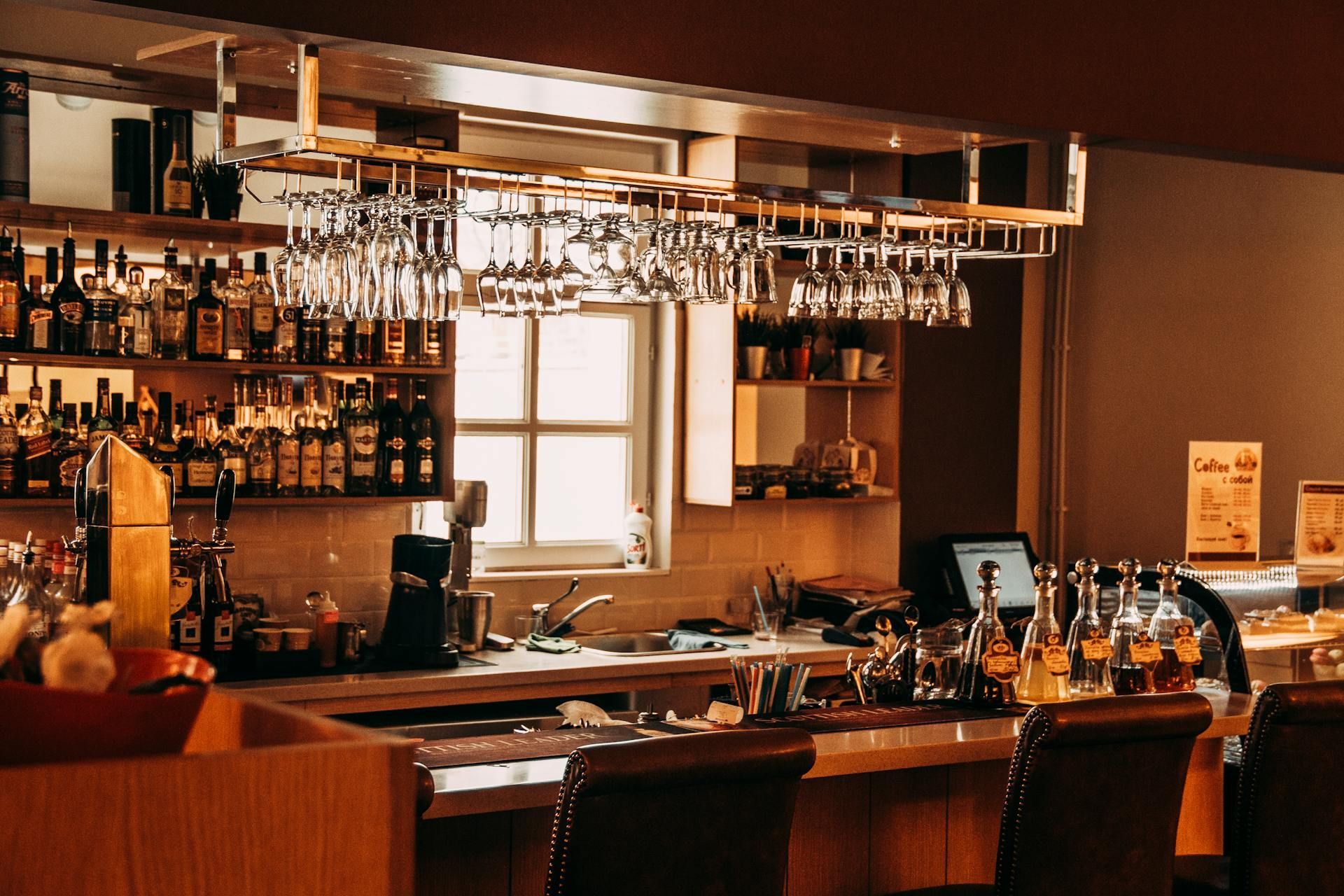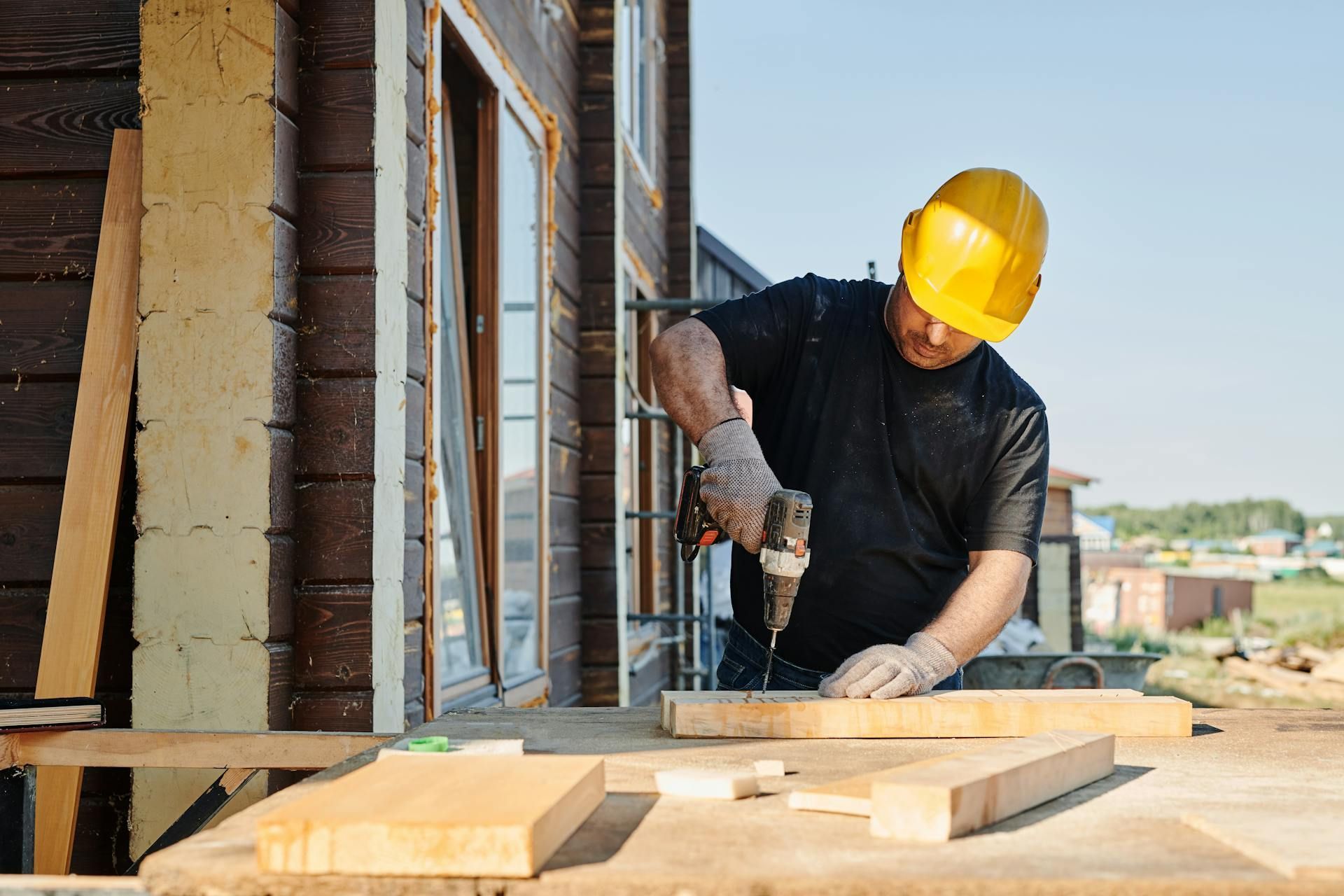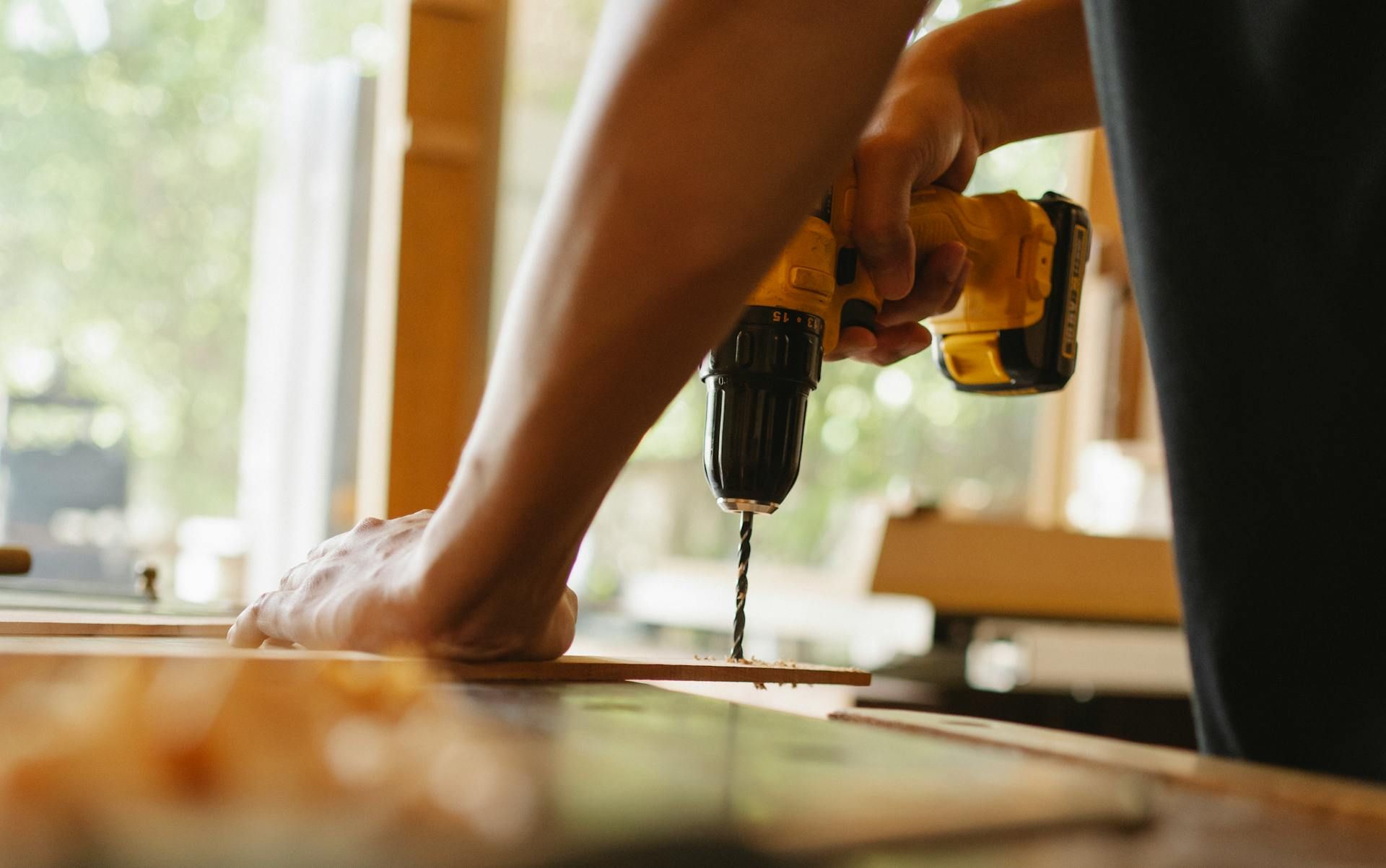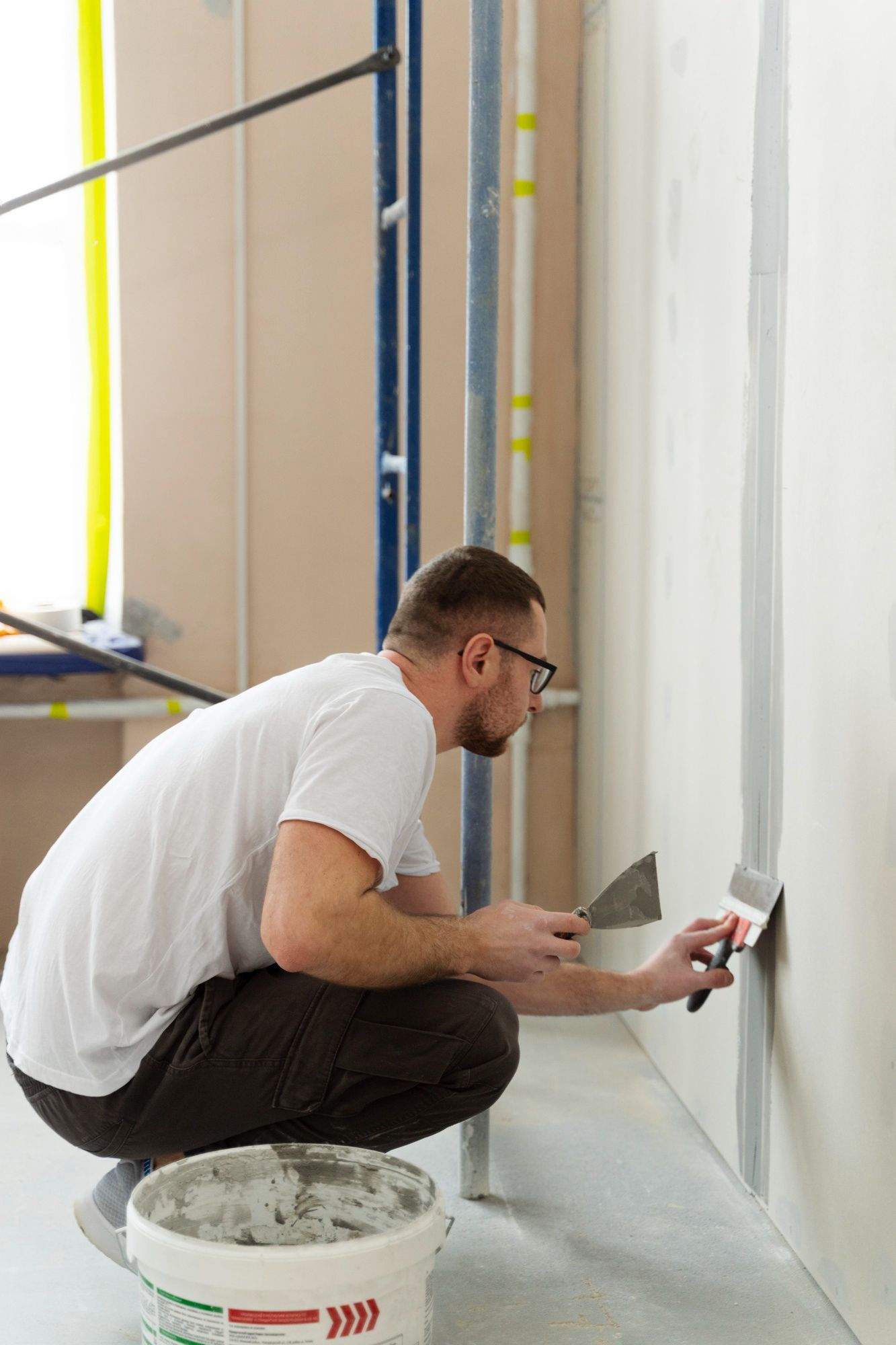Business Details
Address: 384 Pinewood Dr, Radcliff, KY 40160, United States
Phone: (270) 801-4034
Business Hours:
- Monday to Friday : 8:00 am to 5:00 pm
- Saturday: 12:00 pm to 5:00 pm
- Sunday: Closed
Pros and Cons of Bamboo Flooring
When it comes to home flooring options, bamboo flooring has become increasingly popular in recent years. Known for its sustainability and durability, bamboo flooring offers many benefits for homeowners. However, there are also some drawbacks to consider before making a decision.
Explore the pros and cons of bamboo flooring to help you decide if it's the right choice for your home.
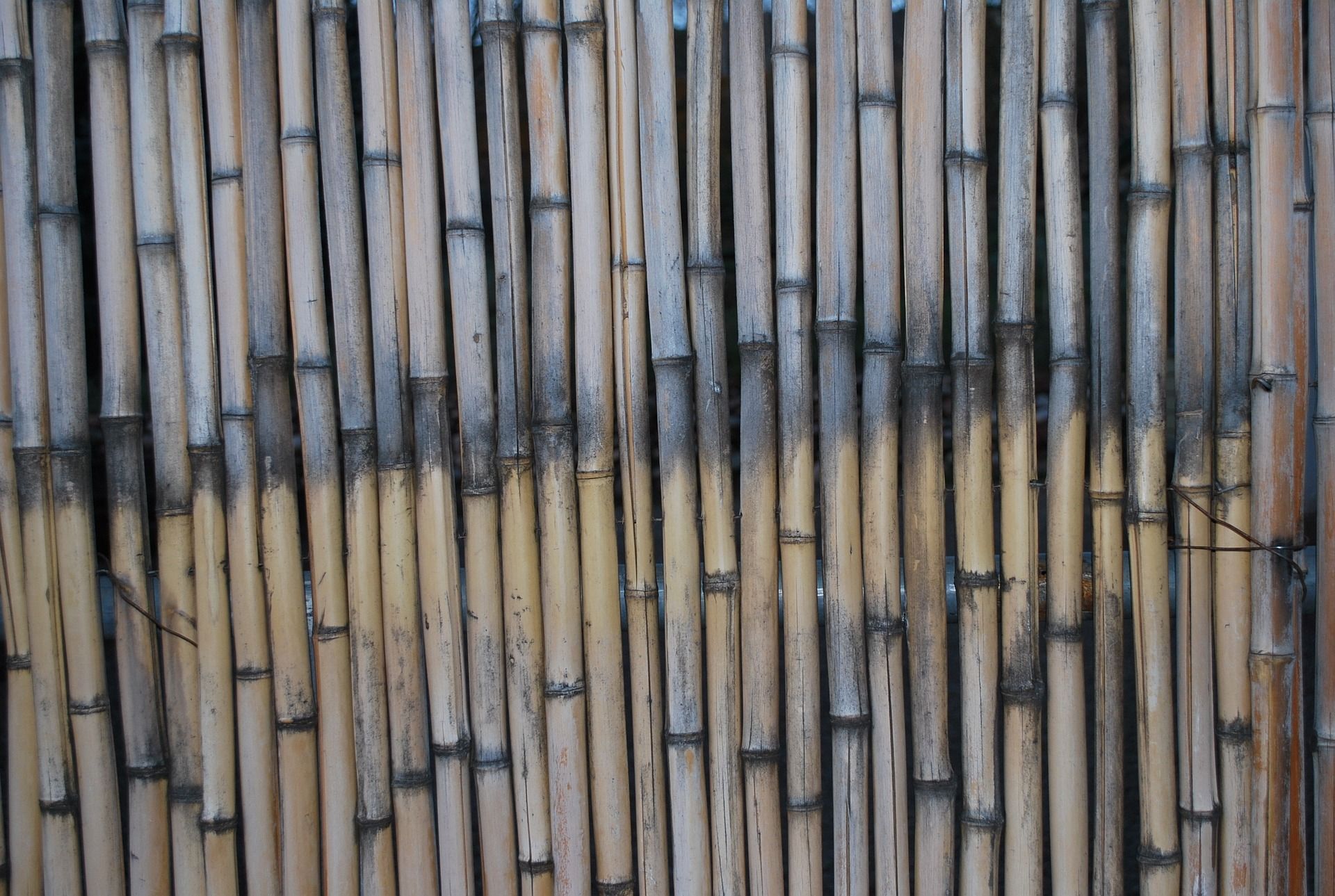
Types of Bamboo Flooring
There are several different types of bamboo flooring to choose from, each with its own distinct characteristics and benefits. Here are some of the most common types of bamboo flooring available on the market today:
Solid Bamboo Flooring
Solid bamboo flooring is made from strips of bamboo that are stacked and glued together to create a solid piece of flooring. This type of bamboo flooring is durable and long-lasting, making it a great option for high-traffic areas in the home. Solid bamboo flooring can be installed using a nail-down or glue-down method.
Engineered Bamboo Flooring
Engineered bamboo flooring is made by bonding a thin layer of bamboo to a larger core material, such as plywood or fiberboard. This type of bamboo flooring is more stable and resistant to moisture than solid bamboo flooring, making it a good choice for areas with fluctuating humidity levels, such as basements or kitchens.
Strand-Woven Bamboo Flooring
Strand-woven bamboo flooring is made by weaving strands of bamboo together and compressing them under high pressure to create a dense and durable material. This type of bamboo flooring is extremely strong and scratch-resistant, making it ideal for homes with pets or children.
Click-Lock Bamboo Flooring
Click-lock bamboo flooring is a popular choice for DIY homeowners, as it can be easily installed without the need for nails or glue. This type of bamboo flooring features a locking mechanism that allows the planks to be snapped together, creating a seamless and secure fit.
Stained Bamboo Flooring
Stained bamboo flooring is treated with a color stain to achieve a specific hue or finish. This type of bamboo flooring allows homeowners to customize the look of their floors to match their decor and personal style.
Pros of Bamboo Flooring
Bamboo flooring is a popular and eco-friendly alternative to traditional hardwood flooring. Made from a rapidly renewable resource, bamboo has many advantages that make it an attractive choice for homeowners looking to upgrade their floors.
Durability
One of the biggest advantages of bamboo flooring is its durability.
One of the main reasons why bamboo flooring is so durable is because of its natural hardness. Bamboo is processed and manufactured in a way that makes it incredibly sturdy and resistant to wear and tear. This means that bamboo flooring is less likely to scratch, dent, or warp compared to other types of flooring materials.
Bamboo flooring is also highly moisture-resistant. This makes it suitable for areas with high humidity levels, such as bathrooms and basements. It is important to note that while bamboo flooring is more moisture-resistant than other hardwoods, it is still susceptible to water damage if not maintained properly. It is important to clean up spills immediately and avoid excessive moisture exposure to ensure the longevity of your bamboo flooring.
Just like hardwood floors, bamboo flooring can be sanded down and refinished to remove surface imperfections and restore its original shine. This makes bamboo flooring a long-lasting investment that can withstand years of heavy foot traffic and daily wear and tear.
Environmentally Friendly
Bamboo is a highly sustainable material, as it is a rapidly renewable resource that grows quickly and can be harvested without harming the environment. Bamboo plants can be harvested every 3-5 years, while traditional hardwoods can take decades to mature.
One of the main reasons bamboo flooring is considered environmentally friendly is because bamboo is a renewable resource. Bamboo is a fast-growing grass that can reach maturity in just five years, compared to hardwood trees that can take decades to fully grow. This means that bamboo can be harvested more frequently without causing harm to the environment.
Bamboo forests are able to produce more oxygen and absorb more carbon dioxide than traditional hardwood forests. This helps to reduce greenhouse gas emissions and combat climate change. Bamboo also requires less water and pesticides to grow compared to other types of trees, making it a more sustainable option for flooring.
Choosing bamboo flooring helps to reduce deforestation and minimize your carbon footprint.
Variety of Styles
Bamboo flooring comes in a variety of styles, colors, and finishes, making it easy to find the perfect option to match your home's decor.
One popular style of bamboo flooring is carbonized bamboo. This style is created by heating the bamboo fibers to darken the color, resulting in a rich, caramel hue. Carbonized bamboo is perfect for adding warmth and depth to a room, and its natural variations in color make each plank unique.
Another popular style of bamboo flooring is strand-woven bamboo. This style is created by compressing bamboo fibers under extreme pressure, creating a durable and hardwearing floor that is resistant to scratches and dents. Strand-woven bamboo is perfect for high-traffic areas, and its sleek, modern look makes it a popular choice for contemporary homes.
For those looking for a more traditional style, natural bamboo flooring is a popular choice. This style features the natural color and grain pattern of bamboo, creating a light, airy feel in any room. Natural bamboo flooring is perfect for adding a touch of nature to a space, and its timeless look makes it a versatile option for any home decor.
Whether you prefer a light, natural color or a darker, more traditional look, bamboo flooring has something for everyone.
Easy to Maintain
Bamboo flooring is easy to maintain and keep clean. Simply sweep or vacuum regularly to remove dirt and debris, and mop with a damp cloth as needed.
For deeper cleaning, a mild detergent and water can be used to remove any stubborn stains or spills. It's important to avoid using harsh chemicals or abrasive cleaners on bamboo flooring, as they can damage the finish and shorten the lifespan of the floor.
Another advantage of bamboo flooring is its resistance to moisture. Unlike hardwood floors, which can warp and buckle in humid environments, bamboo is more stable and less susceptible to water damage. This makes it a great option for kitchens, bathrooms, and other high-moisture areas in the home.
Affordable
Bamboo flooring is generally more affordable than traditional hardwood flooring, making it a budget-friendly option for homeowners looking to upgrade their floors without breaking the bank.
Many bamboo flooring options are designed to be "floating floors," meaning they can be installed over existing flooring without the need for nails or glue. This not only reduces the cost of materials needed for installation, but it also means that homeowners can potentially save money by installing the floors themselves.
Cons of Bamboo Flooring
Like any flooring material, bamboo also has its drawbacks. Here are some of the cons of choosing bamboo flooring for your home.
Susceptible to moisture
One aspect of bamboo flooring that is often overlooked is its susceptibility to moisture. While bamboo is a durable material, it is important to be aware of its vulnerabilities when it comes to water and humidity.
Bamboo flooring is made from the bamboo plant, which is a type of grass. This means that it is naturally more absorbent than traditional hardwood floors. When exposed to excess moisture, bamboo flooring can warp, swell, or even mold.
Susceptible to scratches
One thing to keep in mind when choosing bamboo flooring is that it is susceptible to scratches. While bamboo is known for being a durable and tough material, it is not completely scratch-resistant.
One of the reasons why bamboo flooring is susceptible to scratches is because it is a natural material. Unlike synthetic materials, such as laminate or vinyl, bamboo is made from real bamboo grass fibers that are woven together. This means that bamboo flooring is prone to wear and tear over time, especially in high-traffic areas.
Another reason why bamboo flooring is susceptible to scratches is because it is a softer material compared to other hardwoods. While bamboo is harder than most softwoods, such as pine or cedar, it is still softer than hardwoods like oak or maple. This means that bamboo flooring can be easily scratched by furniture, pet claws, or high heels.
Limited refinishing options
Traditional hardwood floors are known for their ability to be sanded and refinished multiple times over the years, giving them a longer lifespan and the ability to be refreshed with a new finish. Bamboo flooring, on the other hand, typically cannot withstand multiple sandings due to its construction.
Bamboo flooring is made by shredding bamboo stalks and then compressing them into solid planks using heat and adhesives. This process results in a durable material, but one that is not as thick as traditional hardwood flooring. As a result, bamboo flooring can only be sanded down a couple of times before the tongue and groove connections start to show, limiting the refinishing options for homeowners.
The adhesive used in bamboo flooring can make it difficult to refinish without damaging the planks. Some homeowners may be able to sand down their bamboo flooring once or twice before needing to replace it entirely, depending on the thickness of the planks and the condition of the adhesive.
Is Bamboo Flooring Right for you?
Bamboo flooring can be a great option for many homeowners due to its sustainability, durability, and versatile design options. However, it's essential to weigh the pros and cons of bamboo flooring to determine if bamboo flooring is the right choice for you and your home. If you're looking for a stylish and eco-friendly flooring option that can withstand daily wear and tear, bamboo flooring might be the perfect fit for you.
Business Details
Address: 384 Pinewood Dr, Radcliff, KY 40160, United States
Phone: (270) 801-4034
Business Hours:
- Monday to Friday : 8:00 am to 5:00 pm
- Saturday: 12:00 pm to 5:00 pm
- Sunday: Closed
Navigation Links
All Rights Reserved | Certified Carpentry LLC
